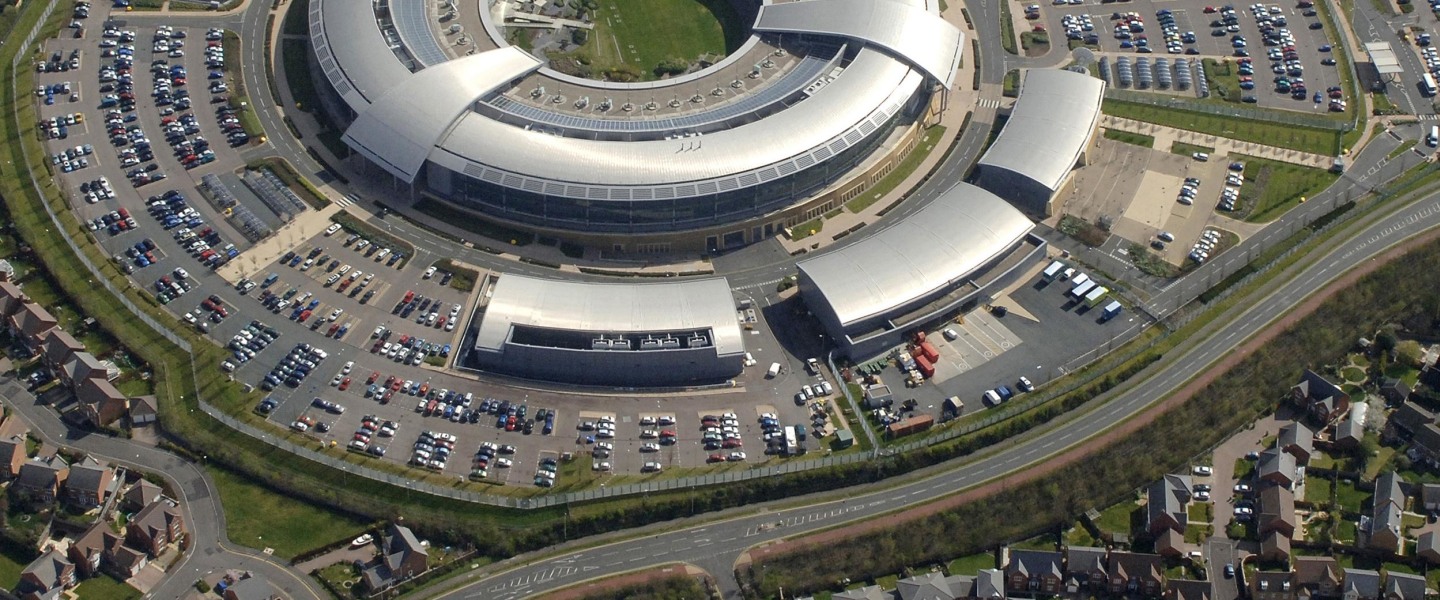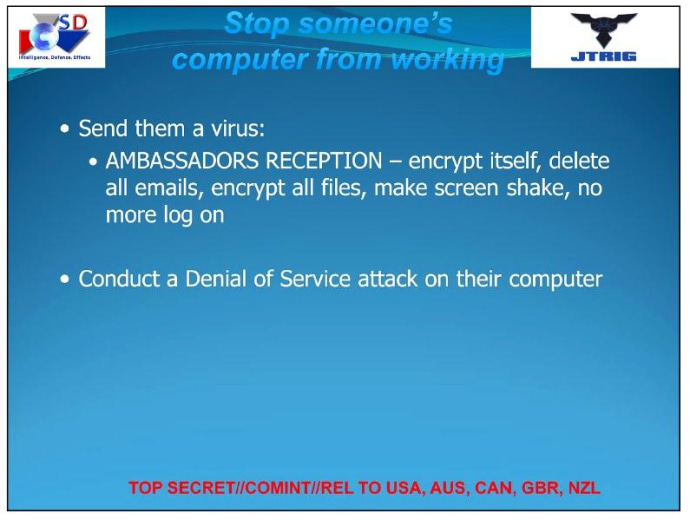
ACT NOW to protect your medical confidentiality
*BREAKING NEWS* 7/2/14 – NHS England leaflet misleads patients about opt out
Sometime in January 2014 you may have received a leaflet via junk mail, entitled ‘Better information means better care‘ (2MB PDF file). It may not be clear from the leaflet that a significant change in what is done with your medical records is about to happen.
Unfortunately, NHS England – the commissioning body that now runs the NHS in England – decided not to include an opt out form with the leaflet and the information in it says you should “speak to your GP practice” if you want to stop your or your family’s confidential medical information being uploaded and passed on.
This is misleading.
You do not have to speak with your doctor or book an appointment. The choice to keep your medical records private is completely down to you; all you need do is inform your GP of your choice, which you can do simply by writing a letter or dropping a form into your surgery.
To make things more straightforward, medConfidential is providing both a form and a letter for you to use. You can use either one of them. Click on one of the links below to download a copy. Print it off, fill in your details, sign it and send it to your GP or drop it into the surgery reception for their attention:
Opt out form (PDF)
Please do take a few moments to e-mail this PDF to your family, friends and colleagues, or send them the link to our download page – www.medconfidential.org/how-to-opt-out – or share it on social media. You might even print off copies of the form (it conveniently prints double-sided and folds to fit in a DL envelope) to give to others who may not have heard about what’s going to happen to their medical records, and won’t know what they can do.
Please do take a few moments to e-mail this PDF to your family, friends and colleagues, or send them the link to our download page – www.medconfidential.org/how-to-opt-out – or share it on social media. You might even print off copies of the form (it conveniently prints double-sided and folds to fit in a DL envelope) to give to others who may not have heard about what’s going to happen to their medical records, and won’t know what they can do.
Opt out letter (PDF)
Opt out letter (MS Word)
Opting out will not affect the care you receive and you can change your mind at any point and opt back in if you like. If you have any specific concerns, we recommend you speak with your GP.
As you will see from the letter, there are TWO codes that your doctor will need to add to your record – one to prevent identifiable information being uploaded from your GP practice and one to stop the Health and Social Care Information Centre from passing on identifiable information about you that it gathers from anywhere else, e.g. hospital records, clinics or testing laboratories.
Remember, the choice is yours. You don’t need to justify it but if you want to keep your medical records private and confidential you do need to act now.
Opting out will not affect the care you receive and you can change your mind at any point and opt back in if you like. If you have any specific concerns, we recommend you speak with your GP.
As you will see from the letter, there are TWO codes that your doctor will need to add to your record – one to prevent identifiable information being uploaded from your GP practice and one to stop the Health and Social Care Information Centre from passing on identifiable information about you that it gathers from anywhere else, e.g. hospital records, clinics or testing laboratories.
Remember, the choice is yours. You don’t need to justify it but if you want to keep your medical records private and confidential you do need to act now.
http://medconfidential.org/
http://www.healthwatch.co.uk/
Police will have 'backdoor' access to health records despite opt-out, says MP
David Davis says police would be able to approach central NHS database without a warrant as critics warn of catastrophic breach of trust

Patients' records at a GP surgery. According to David Davis, in the past police would need to track down the GP who held a suspect's records and obtain a disclosure order. Photograph: Christopher Thomond for the Guardian
The database that will store all of England's health records has a series of "backdoors" that will allow police and government bodies to access people's medical data.
David Davis MP, a former shadow home secretary, told the Guardian he has established that police will be able to access the health records of patients when investigating serious crimes even if they had opted out of the new database, which will hold the entire population's medical data in a single repository for the first time from May.
In the past, Davis said, police would need to track down the GP who held a suspect's records and go to court for a disclosure order. Now, they would be able to simply approach the new arms-length NHS information centre, which will hold the records. "The idea that police will be able to request information from a central database without a warrant totally undermines a long-held belief in the confidentiality of the doctor-patient relationship," he said.
The records will include mental health conditions, drugs prescribed, as well as smoking and drinking habits – and will be created from GP records and linked to hospital records. Ministers have defended the incoming system – which supporters say could bring huge benefits to care and research – saying it has mechanisms to de-identify records and a series of committees which will consider requests from thinktanks, businesses, universities and government bodies, as well as offering opt-outs for patients concerned about the use of their data.
But opting out of data sharing outside the NHS will not prevent records being sucked up and state agencies in some cases will be able to get access to them.
In the case of the police, officers will be able to request all of the medical data held for specific suspects with their correct identities, regardless of whether they had opted out.
With a national database in place, the request only has to be considered by officials at the information centre, who will not know the patient personally.
Davis, who established the existence of these "backdoors" in a parliamentary question answered by health services minister Dan Poulter, said he had "no problems with the data being used for licensed medical research, but when we have police accessing from a database that people have opted out from, and companies being able to buy this data, I think we need to have a debate about whether my property, which are my patient records, can be sold and used".
Advocates say that sharing data will make medical advances easier and ultimately save lives because it will allow researchers to investigate drug side-effects or the performance of hospital surgical units by tracking the impact on patients. But privacy experts warn there will be no way for the public to work out who has their medical records or to what use their data will be put.
The extracted information will contain a person's NHS number, date of birth, postcode, ethnicity and gender. Once live, organisations such as university research departments – but also insurers and drug companies – will be able to apply to the new Health and Social Care Information Centre (HSCIC) to gain access to the database, called care.data.
Last year it emerged that the private health insurer Bupa was among four firms that had been cleared to access "sensitive" patient data.
If an application is approved then firms will have to pay to extract this information, which will be scrubbed of some personal identifiers but not enough to make the information completely anonymous – a process known as "pseudonymisation".
Speaking generally about the new system, Davis said that medical records were a person's "fingerprint".
"I have had my nose broken five times. Once you know that, I am probably in a group of 100 people in England. Then you figure out when I had my diptheria jab, usually done at birth, and bang you got me. Let me be clear: people can be identified from this data."
This week, the Information Commissioner's Office warned that information provided to patients on care.data was not clear enough about how to opt out of the programme.
Brian Jarman, who developed the statistical methodology used to pinpoint high death rates in the NHS and is director of the Dr Foster research unit at Imperial College London, said the system should be "opt in, not opt out". He said: "There is simply too much data and the risks that something leaks are too great. We need to slow this process down to ensure we have the right checks in place."
Phil Booth of medConfidential, which campaigns on medical privacy, told the Guardian: "This is precisely the danger when you create a giant database of highly sensitive information about people – all sorts of other people want to go rifling through it, including the government." There's always another good reason to go digging, but no one thinks of the catastrophic breach of trust this represents."
"The lack of independent oversight and transparency is what's most worrying. People trust their GP, but who's heard of the Health and Social Care Information Centre or the four people who sign off on access to all our medical records?"
A Department of Health spokesperson said: "There are strong legal safeguards in place to protect patients' confidentiality. If people do not want their data to be shared, they can speak to their GP and information will not leave the surgery. Any release of identifiable data without consent would only be in a very limited number of exceptional circumstances, where there is a clear basis in existing law – such as for the police to investigate a serious crime."
• This article was amended on 7 February 2013. The earlier version said incorrectly that Brian Jarman was the co-founder of Dr Foster and professor of health economics at Imperial College, and referred a database of "the entire nation's health records".
http://www.theguardian.com/society/2014/feb/06/police-backdoor-access-nhs-health-records#start-of-comments
 REUTERS
REUTERS NBC NEWS
NBC NEWS
No comments:
Post a Comment